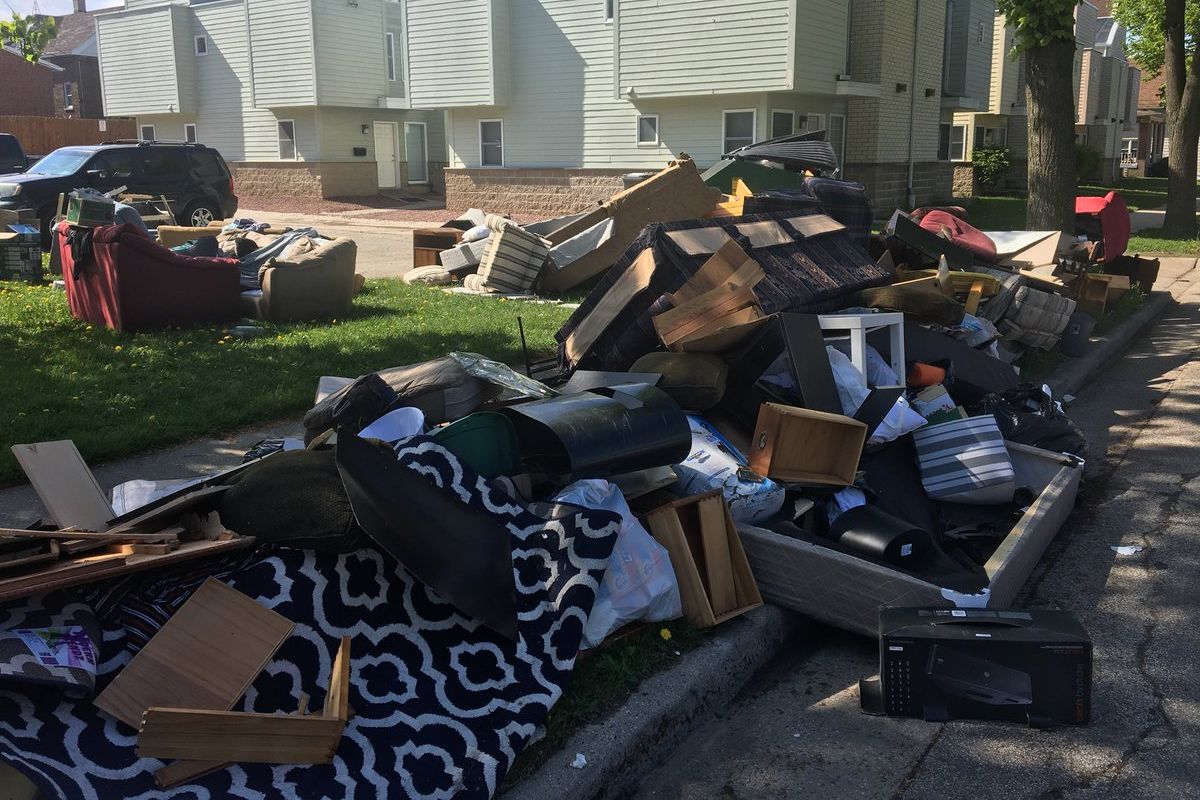Getting an eviction notice from your landlord can be a stressful experience. It's important to understand your rights and responsibilities as a tenant going through the eviction process.
In this article, we will explore what happens after you receive an eviction notice, including whether you still need to pay rent.
Do I Have to Pay Rent After an Eviction Notice?
Yes, in most cases you are still responsible for paying rent even after receiving an eviction notice. The eviction process usually takes 30 days or more, and during that time period the landlord-tenant contract is still in effect.
Not paying rent as usual during an eviction can result in owing additional late fees and back rent on top of the amount that led to the initial eviction notice. It's important to continue making rental payments unless instructed otherwise by your landlord or a judge.
Related: Can A Landlord Charge For Eviction Fees?
What Can I Do to Prevent an Actual Eviction From Happening?

One of the best things you can do after getting an eviction notice is to contact your landlord immediately to try to work out a payment plan. Landlords are often willing to avoid the hassle and costs of the eviction process if the tenant commits to becoming current on rent again.
Having a clear plan in writing for repaying past due rent can convince the landlord to rescind the eviction notice. You should also look into emergency rental assistance programs that may be able to help you pay some or all of what you owe to get back in good standing with your landlord.
What Happens if an Agreement Can't Be Reached?
If attempts to negotiate with your landlord are unsuccessful, the eviction process will continue. Your landlord can then file for a formal eviction hearing with the local court system. You will receive a court summons and must appear on your assigned court date to state your case for why the eviction should not move forward.
Even if an agreement isn't reached with the landlord, showing up with a plan to pay rent and representation like a housing lawyer can sometimes change the judge's decision to give you more time in the home.
How Much Time Do I Have Before Forcible Removal?
If the judge rules in favor of the landlord at the eviction hearing, you will typically be given a few weeks to vacate the property voluntarily. The exact timeline varies by location but is usually 10-30 days depending on state and local laws.
Not leaving by the deadline provided risks the landlord obtaining a "writ of possession" allowing law enforcement to forcibly remove you and change the locks. It's important you have a new place arranged to move into before reaching this final stage of the eviction process.
What Happens to My Personal Belongings if I'm Physically Evicted?
If law enforcement carries out the physical eviction and removes you from the property, your landlord is required by law to reasonably store any belongings left behind for a set number of days - usually 1-2 weeks. But the landlord is not responsible for any damage or theft of items occurring during this storage period.
It's best to remove all valuable personal possessions yourself before the lockout date to avoid risks. Anything not claimed within the storage window is considered abandoned and the landlord can dispose of it as they see fit.
How Can a Past Eviction Affect Future Housing Options?
Unfortunately, having an eviction on your rental history can negatively impact future housing opportunities for several years. Most landlords will see the eviction during background checks and application screening processes.
You may have to offer several months of rent upfront rather than first and last month only. Some landlords will automatically deny applications from those with recent evictions. Your best options are private owners renting single-family homes or mobile homes who may be more lenient. Improving credit over time is also key to expanding options post-eviction.
Conclusion
In conclusion, while an eviction notice is unsettling, continuing to pay rent as usual and trying to work with your landlord are the best ways to potentially avoid long-term damages. Seeking legal advice, applying for assistance programs, and having contingency plans in place for all potential next steps in the process can help navigate this difficult situation responsibly and keep your housing options open for the future.





